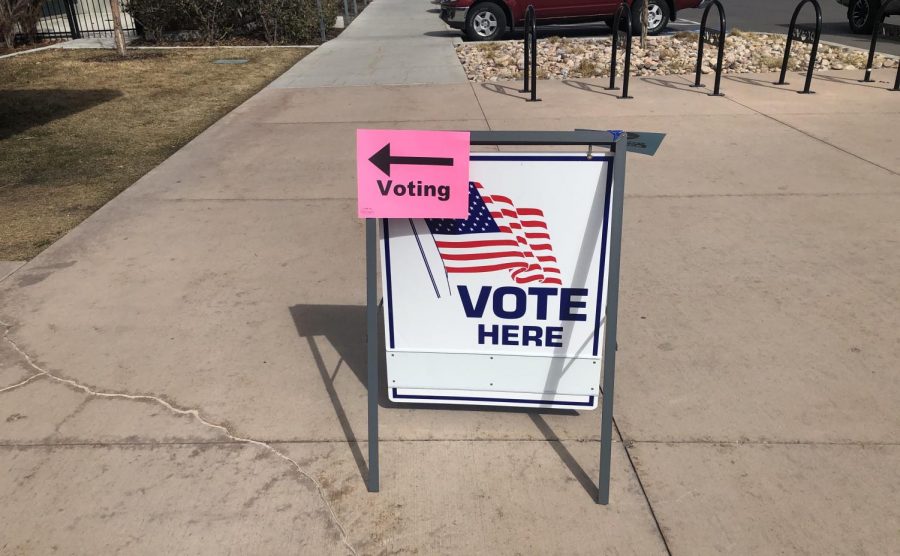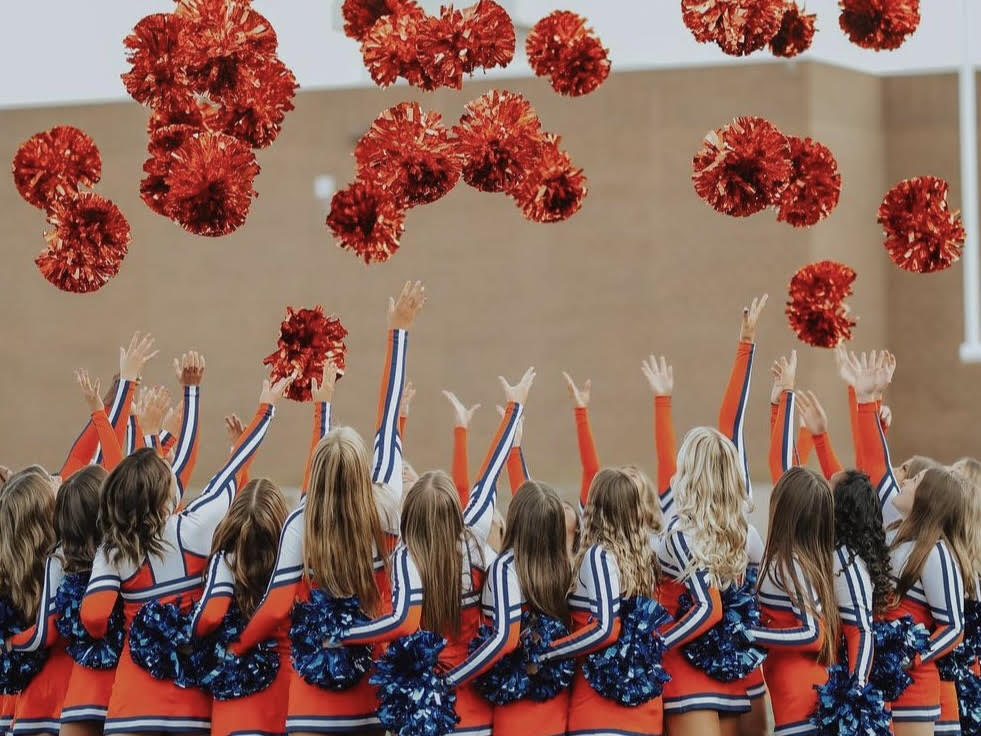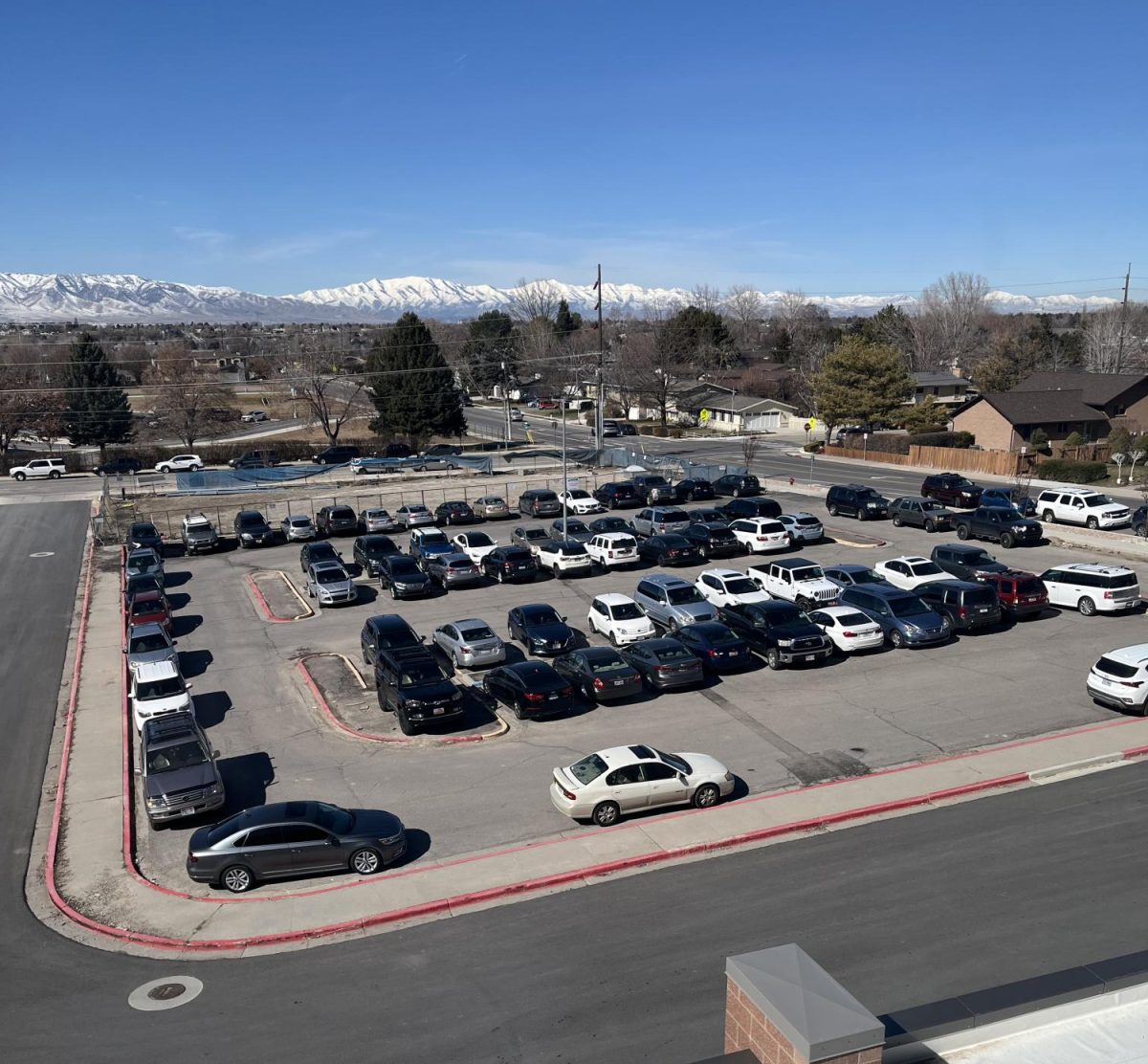Joe Biden is on a steady path to the general election, leading with 1,132 of the 1,991 delegates needed to secure the Democratic nomination. He failed, however, to win Utah on Super Tuesday.
Bernie Sanders won the Utah democratic primaries with 13 delegates (35.5% of the votes). Biden came in second with 5 delegates (18.5%). Of the candidates that dropped out just before or after Super Tuesday Bloomberg got 2 delegates, Warren, Buttigieg, Gabbard, and Klobuchar got zero. Sanders won Utah County with 36.4%. Donald Trump, unsurprisingly, took all 40 delegates in the Republican primary.
Sanders’s victory in Utah was to be expected, recent polls showed Sanders just ahead of his competitors, and he dominated the state in 2016. One anonymous student says “[I] voted for Sanders because he was more representative of [my] views and [I] don’t like moderates.”
Although Sanders maintained his influence in the state he won by a significantly smaller margin (79.3% in 2016 to 35.5% in 2020). But things have changed since 2016, when Utah held a caucus instead of a primary, that wasn’t on Super Tuesday, with about half as many candidates. Voter turnout reached 32.5%, the highest ever for a primary in Utah, likely influenced by both the accessibility of primaries and the attention granted a Super Tuesday state. While Primary ballots can be mailed in early, caucuses are done in person and when you have to carve out an entire evening to vote, you’re much more likely just to stay home. This means many elderly who voted for moderate candidates and working class people who couldn’t get the day off might not have participated in caucuses.
Despite only having 29 delegates (about 2% of Super Tuesday delegates), taking part in Super Tuesday means a lot to Utah, once a straggler state that garnered little attention. Over a third of all Democratic and Republican delegates were up for grabs, and these early states essentially decide who has a real shot at the nomination and who should probably just drop out. This means Utah is one of the earlier and more vital states so candidates campaigned here much harder than ever before.
The number of candidates still running is perhaps the most significant change from 2016, where voters could only choose between Sanders and Hillary, and they overwhelmingly chose Sanders. This year, the progressive vote was split between Sanders, Warren, and, to a lesser extent, Gabbard. The moderate vote was divided between Biden and Bloomberg, who did comparatively well in Utah.
As it stands currently, Biden has 1,132 of the 1,991 delegates needed to secure the Democratic nomination. There’s a chance that Sanders, behind with 817, could still win, but he’ll need to gain more support in the coming months as remaining primaries and caucuses are held. Whoever wins the Democratic nomination will run against Donald Trump.








Lance Tucker • Dec 7, 2020 at 11:27 AM
Could’ve sworn that trump won Utah